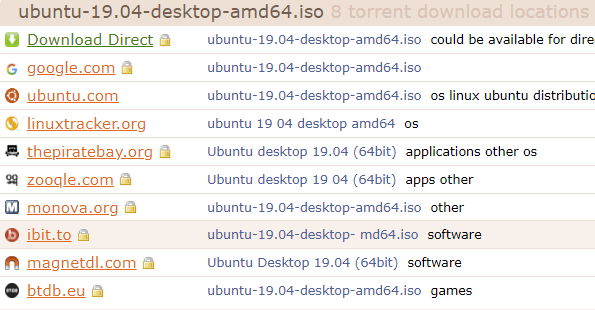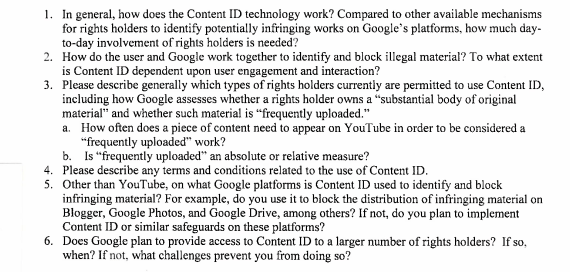
Last month Creative Content UK (CCUK) switched up a gear with its Get it Right (From a Genuine Site) anti-piracy campaign.
After declaring that copyright-infringement notices sent to mainly BitTorrent users via ISPs had “served their purpose“, the BPI and MPA-led initiative turned to ‘social influencers‘ to send the message that content should be consumed via official channels, in order to support creators.
Popular YouTuber Caspar Lee featured in the first video, a move that was clearly aimed at younger consumers. That led us to consider whether future videos in the series, which are yet to be planned, would target a broader range of pirates – particularly older ones with whom Lee may not immediately resonate.
Speaking with TorrentFreak, CCUK confirms that its own research has looked at pirates aged between 16 and 50 years old. However, those who fall into the lower age bracket appear to be a prime target, since they are the most prolific consumers of content, on both sides of the legality fence.
“Our own research continues to show that 16 to 24-year-olds both consume and enjoy the most content of all types (film, TV, music, games, books, sport etc) – and that they also use unauthorized sources more than any other group – i.e. they use both genuine and dodgy sources,” the spokesperson notes.
That’s not to say older consumers aren’t a problem, however.
Those in the 25 to 34-year-old bracket still do their fair of pirating, as do those between 35 and 44. Even those crumbling away in the twilight years of 45+ pose infringement issues. However, these groups present sequentially diminishing patterns of infringing behavior, an indicator of why CCUK are looking to target those at the younger end of the scale.
“Looking across all of the data, in addition to the key 16-24-year-olds, we think that it is particularly important to address young males (16-35 years of age), ABC1’s and parents/other influencers of children (especially in the 25-34 year old group) as all are more likely to use unauthorised sources and services than other groups,” CCUK adds.
Targeting these age groups makes perfect sense for CCUK. Not only do they reach the most prolific infringers and consumers of legal content at the same time, those in the 25 to 34-year-old bracket – according to the latest statistics from the Office for National Statistics – are the most likely to have children, meaning any educational effect can be passed down.
“Other industry research shows that the problematic behavior often begins when children are between 11 and 15 years of age,” CCUK notes.
Given the scope of the campaign, the likes of Paul McCartney and Robert De Niro probably won’t feature in future videos, because despite being superstars in their own right, they are much less likely to resonate with younger people. Instead, CCUK seem likely to encourage more popular YouTubers and Instagram stars to take part, people to whom those of less advanced years can relate.
“So, as we continue this phase of the Get it Right initiative, we will be working hard to use voices and messages around the content that they love – that will reach and speak directly to those groups,” CCUK adds.
“Our work so far has shown clearly that this approach can get people’s attention and drive both behavior change and changes in attitude towards infringement. This is why we have such strong support from Government and industry to continue the work.”
While CCUK and its backers BPI and MPA will have their own thoughts about using more aggressive tactics to deter piracy, campaigns like these tend to be much less offensive to the general public than “You Wouldn’t Download…” type messages.
Time will tell if this one will prove any more effective in terms of legitimate content consumption but there doesn’t currently seem to be many voices in opposition, which on the Internet today is a great start.
Source: TF, for the latest info on copyright, file-sharing, torrent sites and more. We also have VPN reviews, discounts, offers and coupons.


 This week we have one newcomer in our chart.
This week we have one newcomer in our chart.







